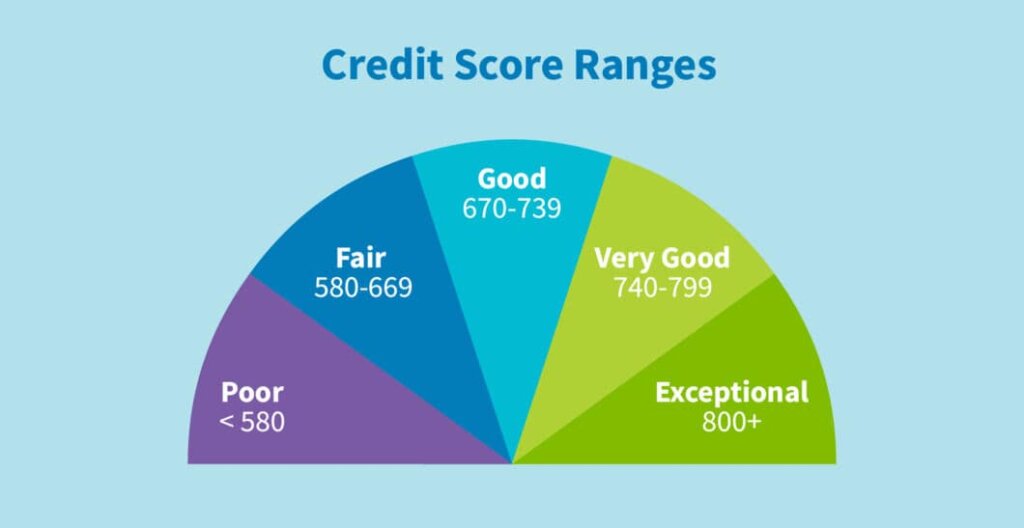Credit scores might sound confusing, but they’re kind of like a report card for grown-ups. Just like you get grades in school to show how well you’re doing, adults get credit scores to demonstrate how responsible they are with money.
What is a Credit Score?
A credit score is like a report card that tells banks how good you are at returning borrowed money. It’s a score made of three numbers. This score helps banks decide if they should lend you money. They get this information from your money history books, which are managed by three big companies: Equifax, Experian, and TransUnion.
Why is a Good Credit Score Important?
Having a good credit score can open doors to lots of things you might want in the future, like getting a cool new phone, a car, or even a place to live. It’s like getting a stamp of approval saying, “Hey, this person is responsible!”
Here are some of the key things you need to know about credit scores
- Credit scores range from 300 to 850, with higher scores indicating greater creditworthiness.
- The two main credit scoring models are FICO and VantageScore, with FICO being the most widely used by lenders in the United States.
- Your credit score is determined by considering factors such as your history of making payments, how much of your available credit you’re using, the length of time you’ve had credit accounts, the types of credit you have, and recent applications for new credit.
- Your credit score isn’t fixed; it can change over time based on your credit-related behaviors and habits.
Also, Read This: Credit Card Basics: How to Use Them Responsibly
Here are some tips for improving your credit score
- Always pay your bills on time. This is the most important thing for your credit score.
- Don’t use more than 30% of your available credit. Keep your spending in check.
- Keep your credit accounts open for a long time. The longer you have them, the better it is for your score.
- Have a variety of credit accounts. This means having different types, like credit cards and loans for big purchases.
- Try not to apply for too much new credit. Each time you do, it can lower your score. So, be careful when applying for new accounts.
Having a good credit score can make it easier to get loans and credit cards with lower interest rates. It can also lower the cost of things like insurance and other money-related products.
Here are some of the benefits of having a good credit score
Lower interest rates on loans and credit cards: If you have a good credit score, lenders are more likely to say yes to you and offer you loans and credit cards with lower interest rates. This can save you a lot of money over the time you’re repaying the loan.
Better terms on other financial products: Having a good credit score can also get you better deals on other money-related things like insurance costs and phone contracts.
Easier approval for loans and credit cards: If your credit score is good, it’s easier for you to get approved for loans and credit cards. This means you can borrow money or use credit when you need it.
Peace of mind: When you know you have a good credit score, it gives you peace of mind. You can feel confident that you’re less likely to be turned down for a loan or credit card, and you might even get better interest rates and deals.
Conclusion
Credit scores might seem like a grown-up thing, but understanding them isn’t as tricky as it sounds. It’s about being responsible and making good money moves. So, keep your eye on the ball, pay your bills on time, and remember, just like in a game, practice makes perfect!
Remember, by building a good credit score, you’re setting yourself up for success in the future. So, start early, play by the rules, and watch your financial game level up!


